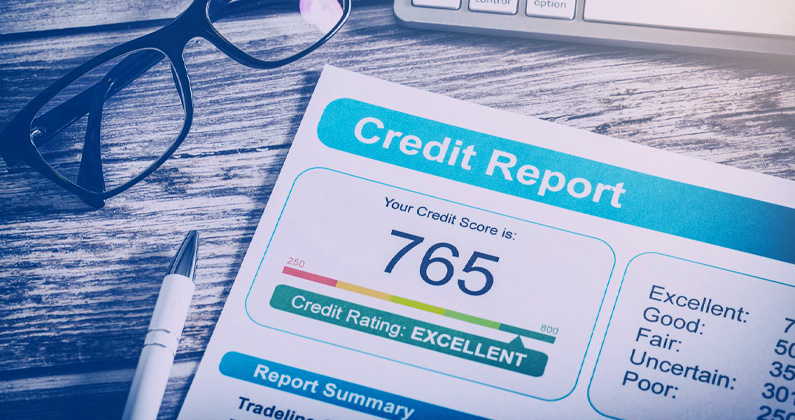Rebuilding your credit doesn’t happen overnight. It takes time to re-establish a good payment history and let negative information cycle off your credit report. Remember a bad credit report is not a life sentence. Building back your credit is a process that takes time and requires you to focus on the basics. Here are some tips to help you fix your credit score:
1.) Building Back Your Credit Rule #1: Make your payments on time
This is the easiest way to bring your credit score right back up. Making sure you are paying for your credit cards, mortgage, car payment, Wi-Fi and other monthly bills you have are easy ways to give your credit score a quick boost. Making payments on time is one of the highest-rated parts of a credit score. Showing that you are making consistent payments is going to benefit tremendously.
2.) Think about your Credit Utilizations Ratio
No one wants to max out their credit cards, and creditors don’t like to see credit accounts that look maxed-out either. Your credit utilization ratio compares the total amount of credit you have available, based on credit card limits, to how much of your available credit you’re actually using (your balance). The lower your credit utilization ratio, the better your score is going to be. Many financial advisors will recommend not going over 30% utilization of your limit. For example, if you have a $1,000 spending limit its best to only use $300 of credit on that card.
3.) Get a secured credit card
Another easy way to rebuild your credit score is to get a secured credit card and use it responsibly. This ensures positive information gets sent to the credit bureaus on a monthly basis. What is a secured credit card? Secured cards work like any other credit card, but the credit line is determined by how much money you place into a security deposit account as collateral. With a secured credit card, you can build or rebuild your credit history by using the card responsibly and making your payments on time. Basically your spending limit is what you want it to be, but if you do not pay the card on time the creditor already has the money in an account to make the payment for you.
4.) Check your credit report
Checking your credit report is free to do and very easy to request. This won’t affect your score, as long as you order your credit report directly from the credit-reporting agency or through an organization authorized to provide credit reports to consumers. Why should I check my report? This allows you to see what is affecting your score, and most importantly if there are any errors. If there is an error on your report it could be hurting your score even though it’s not true.
The most important thing is to be patient. It takes time to rebuild to that 800 credit score, but with smart spending and saving you will be there in no time. Contact the debt professionals at DebtBlue; we have all the knowledge and tools to help you get out of your credit card debt and on the path to financial freedom.

